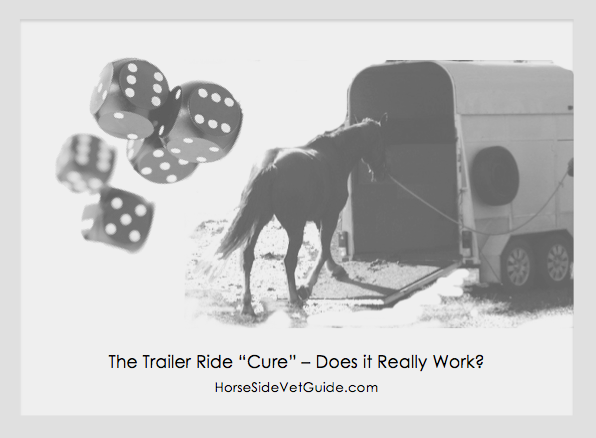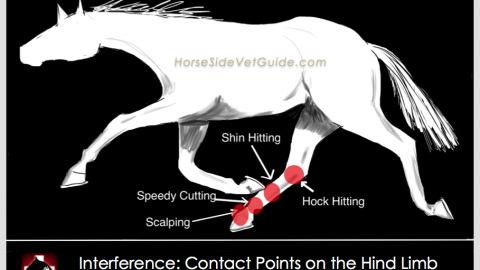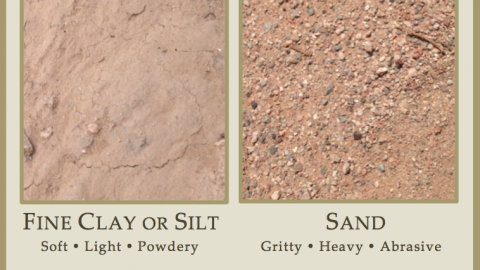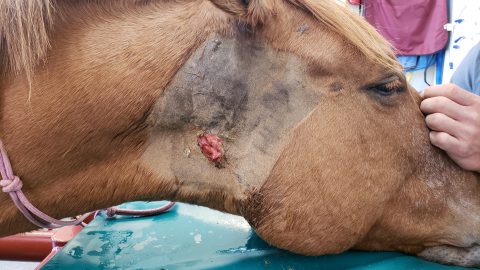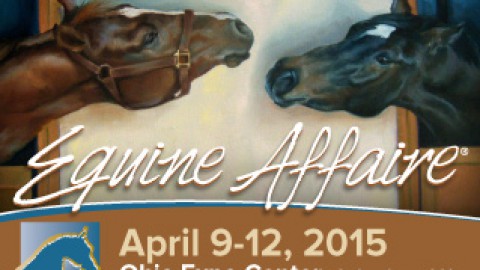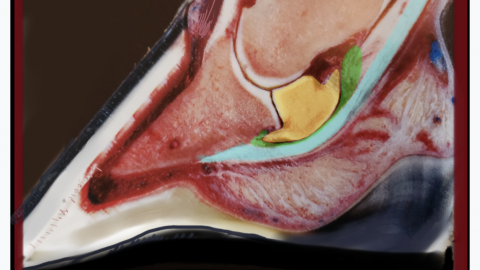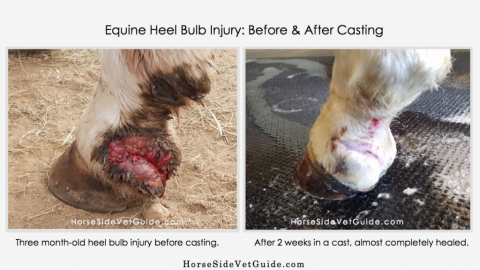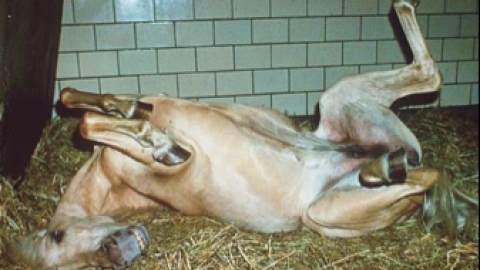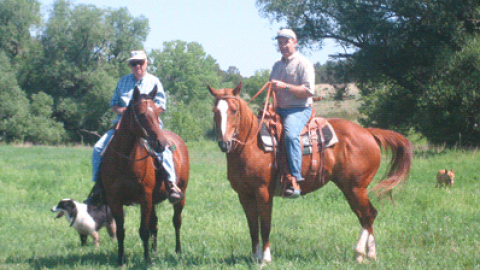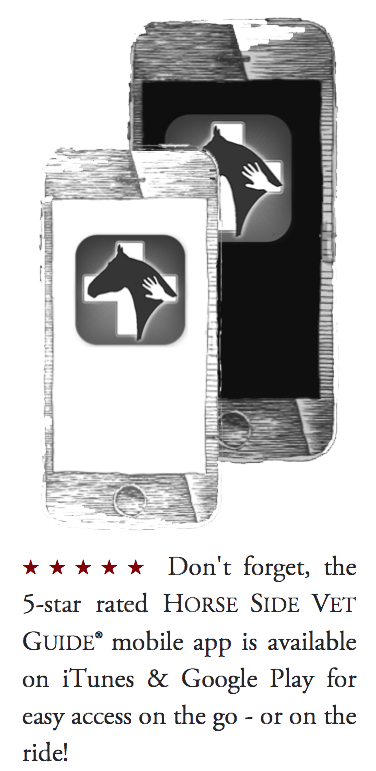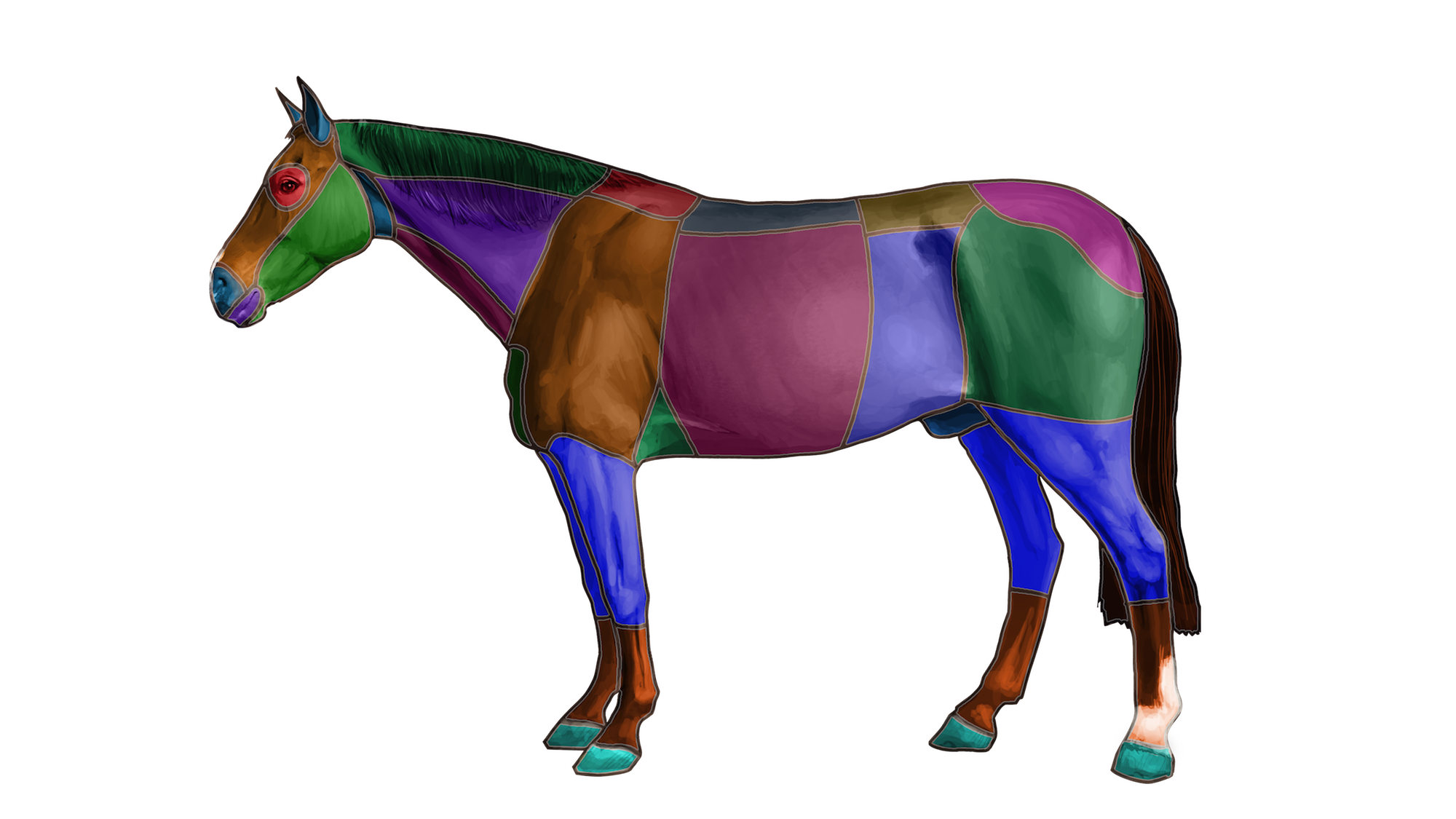The Trailer Ride “Cure” for Equine Colic
Over the years, I have heard many stories about how horse owners “cured” their colicy horse by loading it onto a trailer and driving it around for a while – the so-called “Trailer Ride Cure” for colic.
The story goes something like this: A horse is showing colic signs – stretching, pawing, rolling, lying down, etc… The owner loads the horse onto a trailer. The horse passes one pile of manure while loading. (Some people are confused enough about colic to think that the horse is cured at this point.) Then, the owner drives around for a while, sometimes trying to hit potholes and speed bumps on the road to “shake things up.” After some time they return home, unload the horse and it is no longer showing colic signs. So they assume that the horse was “cured” by the trailer ride.
The story goes something like this: A horse is showing colic signs – stretching, pawing, rolling, lying down, etc… The owner loads the horse onto a trailer. The horse passes one pile of manure while loading. (Some people are confused enough about colic to think that the horse is cured at this point.) Then, the owner drives around for a while, sometimes trying to hit potholes and speed bumps on the road to “shake things up.” After some time they return home, unload the horse and it is no longer showing colic signs. So they assume that the horse was “cured” by the trailer ride.
It is a little more complicated than that… Remember that the word “colic” simply refers to the signs a horse shows when it is in abdominal pain due to ANY cause. See this Observation Fast Fact Abdominal Pain, Colic Signs.
When considering the prognosis for any colicy horse, what really matters is the Condition Causing the Colic – the CCC. More than 50% of horses showing colic signs improve on their own, with little or no help. About 70% of horses showing colic signs will improve after being given pain relief like flunixin meglumine (Banamine®). If the colic resolves with no treatment, or after simple treatments like hand walking, trailering, or even a shot of Banamine®, you can be pretty sure that the CCC was something simple, such as a little gas accumulation or spasm in the GI tract.
So why all the fuss about the trailer ride “cure”? There are a few reasons why trailering has gained a reputation among horse owners as a cure for colic:
• First, within 30-45 minutes, many colicy horses stop showing colic signs and seem normal whether or not you trailer them.
• Second, many horses often pass a pile of watery manure when they are loaded onto a trailer. It happens because of nervousness and it is a normal reflex. This happens because of water movement and increased motility in the last few feet of the small colon and rectum. However, the equine intestine is complicated and long (appx. 100ft/30m). So the appearance of manure does NOT necessarily mean that the colic has resolved, because the CCC may still exist upstream.
• Third, yes, it makes sense that a trailer ride distracts a horse from the pain. And it makes sense that the jiggle of trailering on a rough road may shake loose a gas bubble and help the situation. In some cases, this may actually happen. But again, it is only going to happen in horses that were likely to self-resolve anyway.
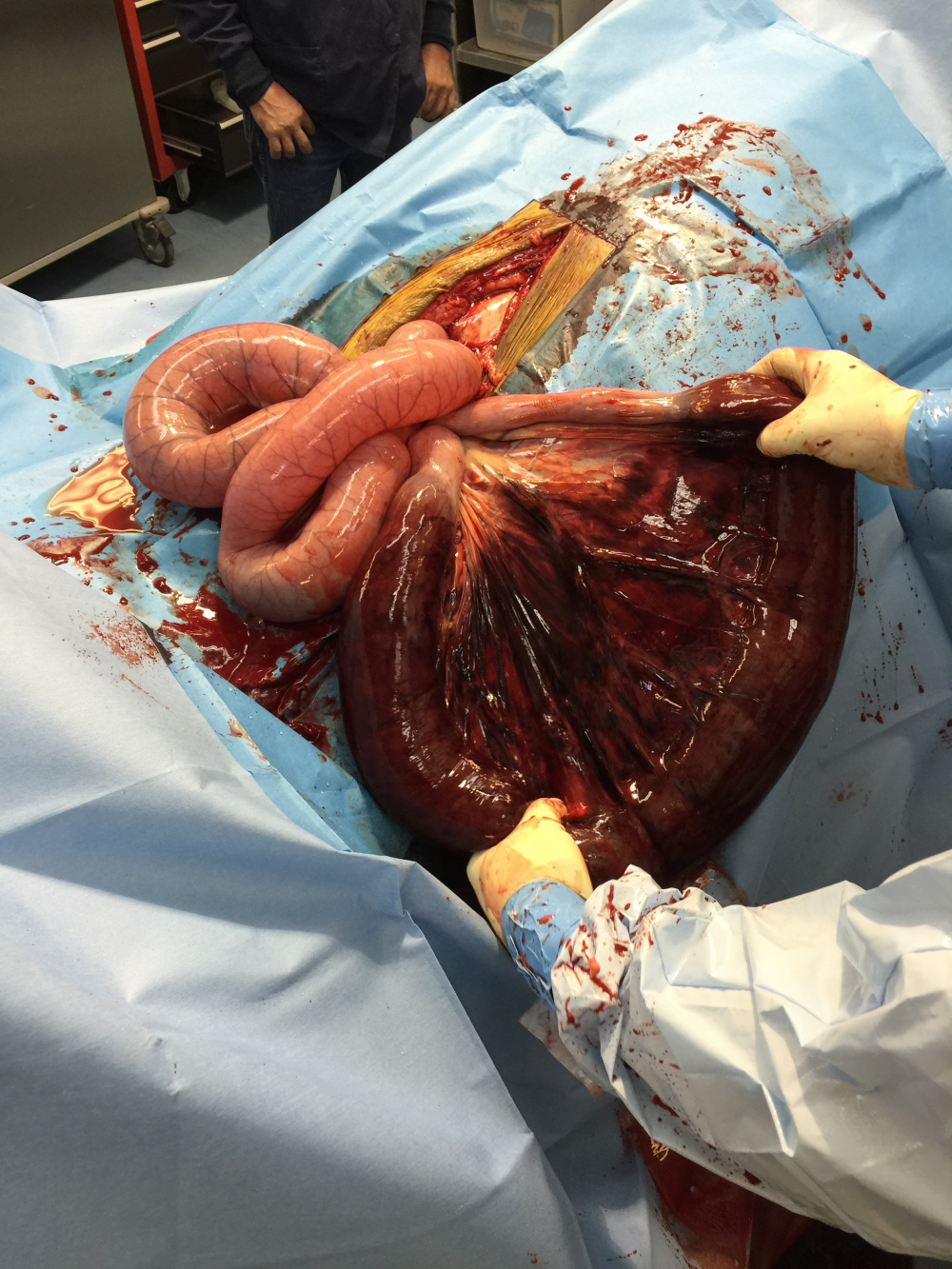
Dead small intestine at colic surgery. Just one of many conditions that is NOT cured by a mere trailer ride, no matter how many pot holes and speed bumps you drive over.


